Introduction
Every infrastructure project—whether it’s a towering skyscraper, a metro line, a flyover, or a rural bridge—depends on one common factor: strength and reliability of materials. Among these, concrete is the most widely used construction material in the world. Its performance directly determines the durability and safety of the project. But how do engineers and contractors ensure that the concrete being poured into foundations, columns, and pavements is truly up to standard? The answer lies in accurate testing.
Accurate testing is not just a technical step in the construction process—it is the backbone of infrastructure development. Without rigorous testing, structures may suffer premature failure, resulting in safety hazards, financial losses, and reputational damage. At Engineering Solution Equipment, as a leading Concrete Testing Equipment Manufacturer, we understand how precision in testing shapes the future of infrastructure.
This blog explores why accurate testing is critical, the methods used, common challenges, and how advanced testing equipment ensures safety, efficiency, and compliance.
1. Why Concrete Testing Matters in Infrastructure
Concrete is a composite material made of cement, aggregates, water, and sometimes admixtures. Its performance depends on proper proportioning, mixing, curing, and placement. Any deviation can weaken the structure.
Accurate testing ensures that:
- The mix meets the design strength.
- The structure withstands loads and stresses.
- Materials comply with national and international standards (e.g., IS codes, ASTM standards).
- Projects achieve longevity and safety.
Without testing, engineers are essentially building blindfolded—taking risks that no infrastructure project can afford.
2. Types of Concrete Tests that Define Quality
Concrete testing is divided into fresh concrete tests and hardened concrete tests. Both are essential for project assurance.
Fresh Concrete Tests
- Slump Test: Measures workability. Too high = weak concrete; too low = poor placement.
- Compaction Factor Test: Ensures proper compaction in low-workability mixes.
- Air Content Test: Checks for entrapped/entrained air that can weaken the mix.
Hardened Concrete Tests
- Compressive Strength Test: The most common, determining load-bearing capacity using cube or cylinder samples.
- Flexural Strength Test: Assesses resistance to bending—critical for pavements and slabs.
- Split Tensile Strength Test: Evaluates tensile performance to predict cracking potential.
- Non-Destructive Testing (NDT): Ultrasonic pulse velocity, rebound hammer tests, etc., for in-situ evaluation without damaging structures.
Each of these tests relies on precise, calibrated equipment provided by a trusted Concrete Testing Equipment Manufacturer like Engineering Solution Equipment.
3. Accuracy and Its Direct Impact on Safety
Infrastructure failures have catastrophic consequences. Bridges collapse, roads crack, and high-rise buildings show structural distress when the concrete used does not meet required standards.
Accurate testing prevents such disasters by:
- Identifying weak batches before they are used.
- Ensuring design specifications are met.
- Reducing the risk of structural failures and accidents.
In countries like India, where infrastructure is rapidly expanding, the margin for error is minimal. Accurate testing ensures public safety and sustains trust in construction quality.
4. Economic Impact of Accurate Testing
Beyond safety, testing plays a crucial role in cost efficiency. Poor-quality concrete leads to:
- Rework and demolition of defective structures.
- Costly repairs and maintenance.
- Project delays, resulting in penalties.
On the other hand, accurate testing:
- Reduces material wastage.
- Optimizes mix designs for cost savings.
- Extends structure lifespan, lowering lifecycle costs.
For government projects, where accountability is high, testing helps avoid financial losses worth crores due to rejections or failures.
5. Role of Technology and Equipment in Testing Accuracy
Manual testing has its limitations. Human error can compromise results. That’s why advanced, precise, and calibrated testing equipment is indispensable.
As a top Concrete Testing Equipment Manufacturer, Engineering Solution Equipment provides:
- Compression Testing Machines (CTM): Digital, hydraulic, and automatic for precise strength testing.
- Flexural and Tensile Testing Machines: For pavement and structural applications.
- Non-Destructive Testing Devices: For rapid, on-site assessments.
- Fully Automated Systems: That reduce human error and improve repeatability.
Accurate equipment ensures repeatable, reliable results—building trust between contractors, consultants, and clients.
6. Common Challenges in Concrete Testing
Despite its importance, concrete testing faces challenges:
- Uncalibrated Equipment: Leading to false readings.
- Improper Sampling: Non-standard cubes or cylinders that don’t represent actual site conditions.
- Poor Curing: Test specimens not cured properly, giving misleading strength values.
- Human Error: Misinterpretation of results or procedural shortcuts.
Partnering with a professional Concrete Testing Equipment Manufacturer ensures equipment is properly calibrated and designed for ease of use, minimizing these risks.
7. Regulatory Compliance and Standards
Infrastructure projects must comply with strict standards:
- BIS/IS Codes (India)
- ASTM Standards (US)
- EN Standards (Europe)
Failure to comply can result in rejection of concrete batches, blacklisting of contractors, or even legal liabilities. Accurate testing guarantees compliance, protecting stakeholders and contractors alike.
8. The Future of Concrete Testing
The future of infrastructure testing is being shaped by:
- Automation: AI-based equipment minimizing manual intervention.
- IoT Integration: Real-time data sharing across project sites.
- Smart Sensors: Embedded sensors monitoring concrete strength development in real time.
- Green Construction: Testing recycled aggregates and eco-friendly materials.
Engineering Solution Equipment is at the forefront of these innovations, ensuring clients always have access to the most advanced testing solutions.
Conclusion
Concrete is the foundation of every infrastructure project, but without accurate testing, even the most ambitious projects stand on shaky ground. Testing is not just a technical necessity—it is the backbone of quality, safety, and cost-effectiveness.
At Engineering Solution Equipment, we believe that precision in testing leads to precision in construction. As a trusted Concrete Testing Equipment Manufacturer, our mission is to provide world-class testing solutions that empower contractors, consultants, and government agencies to build infrastructure that lasts for generations.
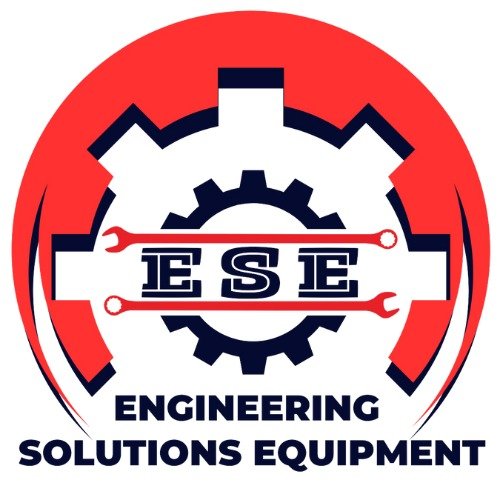

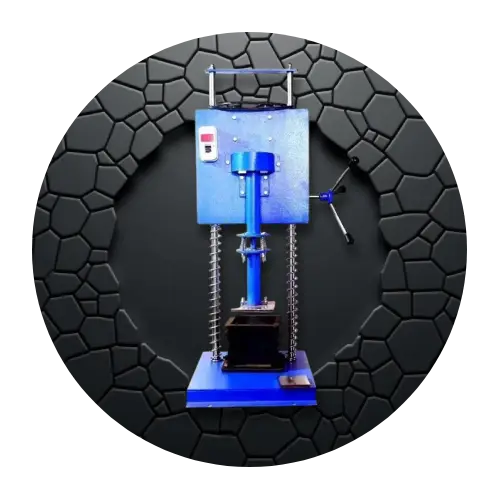
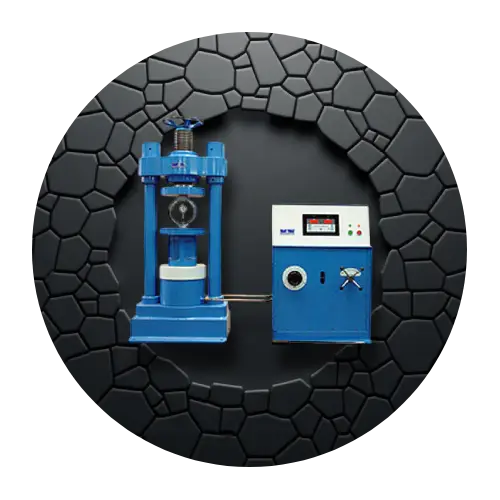
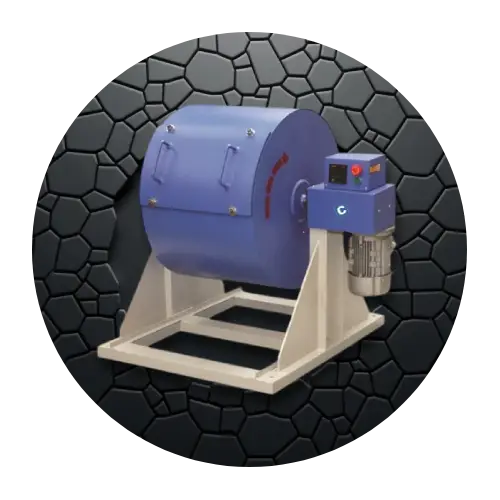

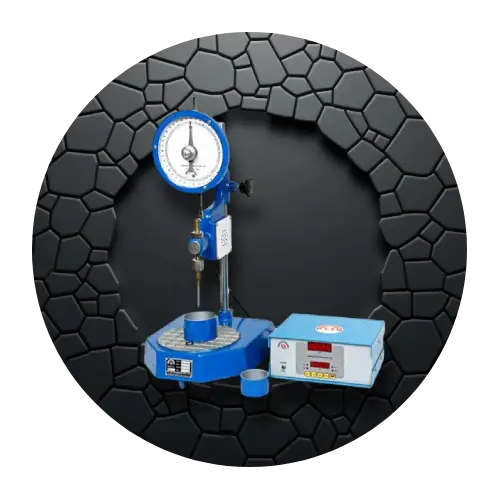





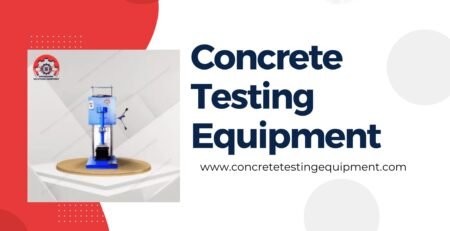

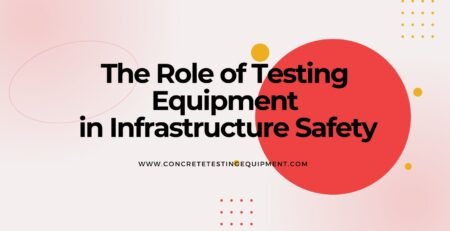


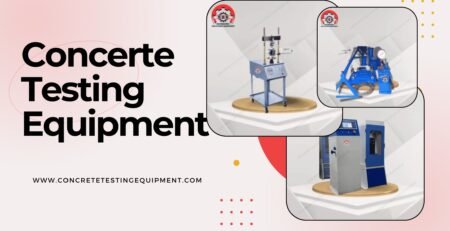


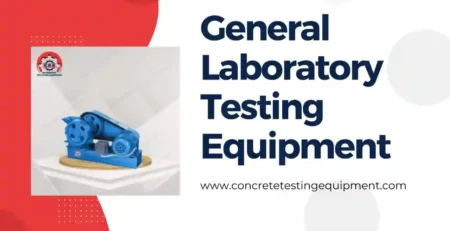


Leave a Reply